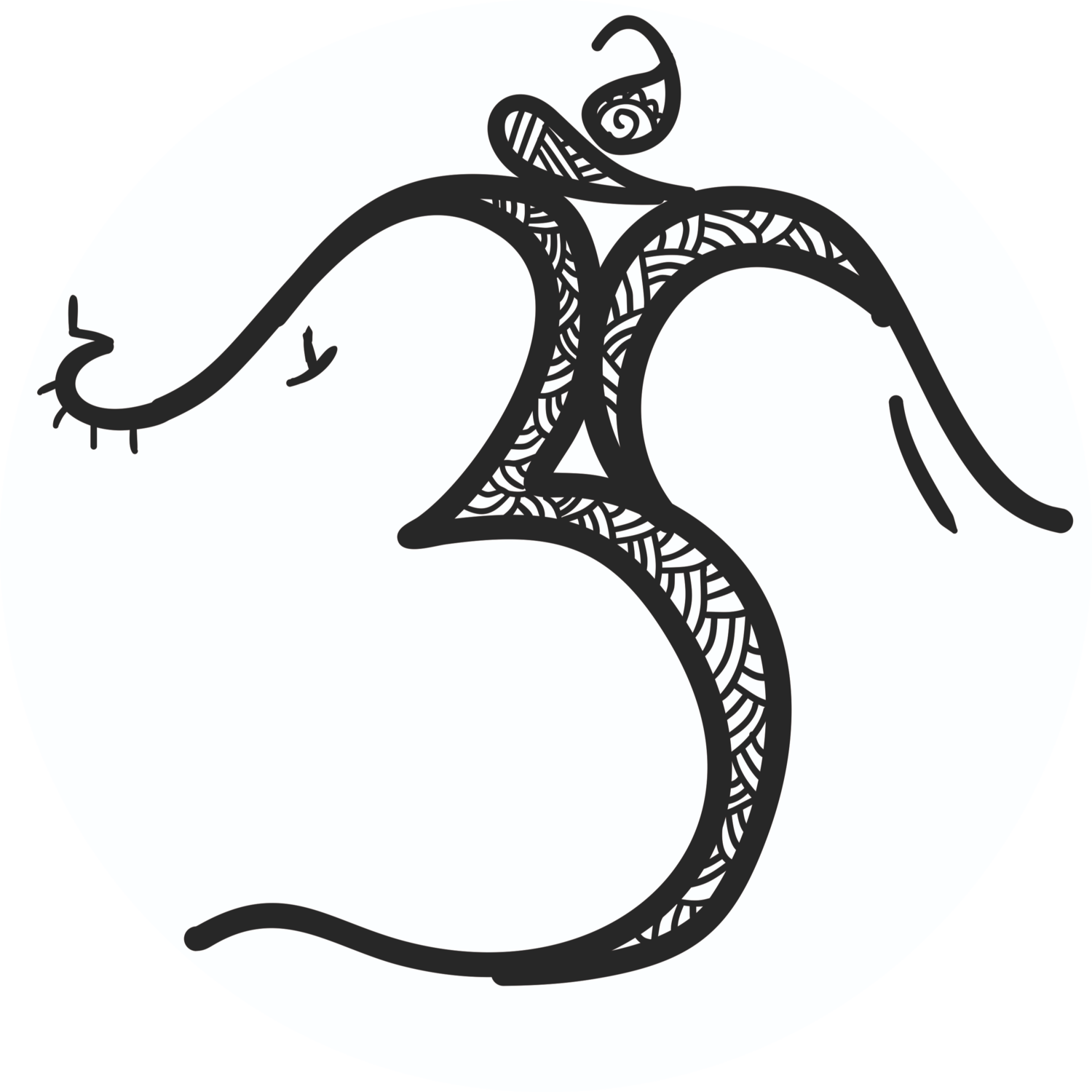
YIN & RESTORATIVE YOGA: DEEP RELAXATION FOR BODY AND MIND
The pace of modern life is fast, and even when we get a free moment it can be difficult to relax. YIN + RESTORATIVE YOGA classes offer techniques for balancing activity with acceptance and their gentle, meditative nature provides a nurturing space for relaxation and self-discovery.
Yin and restorative yoga are two gentle and nourishing practices that provide the body and mind with deep relaxation and rejuvenation.
In yin yoga, long-held passive poses target the connective tissues, promoting flexibility and vitality in the joints while also cultivating mindfulness and stillness.
Restorative yoga, on the other hand, focuses on complete relaxation through supported postures using props such as bolsters, blankets, and blocks to create an opportunity for activation of our parasympathetic nervous system (“rest and digest” state). This practice allows the body to release tension and stress, promoting a sense of calm and restoring balance of our nervous system.
Both yin and restorative yoga encourage us to slow down, turn inward, and find balance in a fast-paced world, making them an exceptional tool for your mental & physical health and overall wellbeing.
YIN + RESTORATIVE YOGA: DEEP RELAXATION FOR BODY AND MIND
When it comes to overall health and wellbeing, a lot depends on our Autonomic Nervous System (ANS). Our ability to self regulate, and turn on the “rest and digest” state of our nervous system more often can help us become more resilient to daily stresses and even prevent many serious health issues in the future. Yin and restorative yoga help regulate the autonomic nervous system, which controls involuntary bodily functions such as digestion, circulation, and immune function. By promoting balance in this system, these practices support overall health and wellbeing.
The practice of yoga can help us achieve balance of our sympathetic and parasympathetic states of nervous system in two ways. Regular practice of asanas (yoga poses), pranayama (breathing techniques), yin and restorative modalities and especially meditation and mindfulness create overall resilience to stress and improve physical health. The second way is that there are techniques and exercises that can help us calm down the “fight or flight” response of our nervous system in a moment so we can make the best decisions for ourselves even in the most stressful situations.
Whereas normative stress helps us grow and adapt, chronic stress - stress that is constant and persistent - wears us down and harms every system in our body. Slow and gentle stretches of yin practice provide small amounts of normative stress on our body (and through mind-body connection, on our ANS) while deep relaxed breathing helps us return to homeostasis, or our baseline of balance.
The slow-paced nature of yin and restorative yoga stimulates the parasympathetic nervous system, which is responsible for the body's "rest and digest" response. This activation can help to reduce the effects of chronic stress and promote relaxation. Both yin and restorative yoga encourage deep breathing and mindful awareness, which can help reduce the production of stress hormones such as cortisol. Regular practice of yin and restorative yoga has been linked to improved heart rate variability, which is an indicator of the body's ability to respond to stress. This suggests that these practices may enhance the body's resilience to stress and promote overall cardiovascular health.
The emphasis on mindful breathing and introspection in yin and restorative yoga fosters self-awareness and emotional balance, offering practitioners valuable tools to navigate their thoughts and feelings more effectively. By cultivating present-moment awareness, these practices promote mindfulness, which can lead to greater clarity and a heightened sense of calm in daily life.
Try relaxing on your back for a few minutes with your head and shins supported by pillows or folded blankets and watch your breath. If you notice your thought racing, turn on soft meditation music in the background and continue to bring your awareness back to your breath.
“The goal of yoga science is to calm the mind, that without distortion it may hear the infallible counsel of the Inner Voice.
— Paramahansa Yogananda, Autobiography of a Yogi
LISTEN TO YIN + RESTORATIVE YOGA AUDIO PRACTICES
